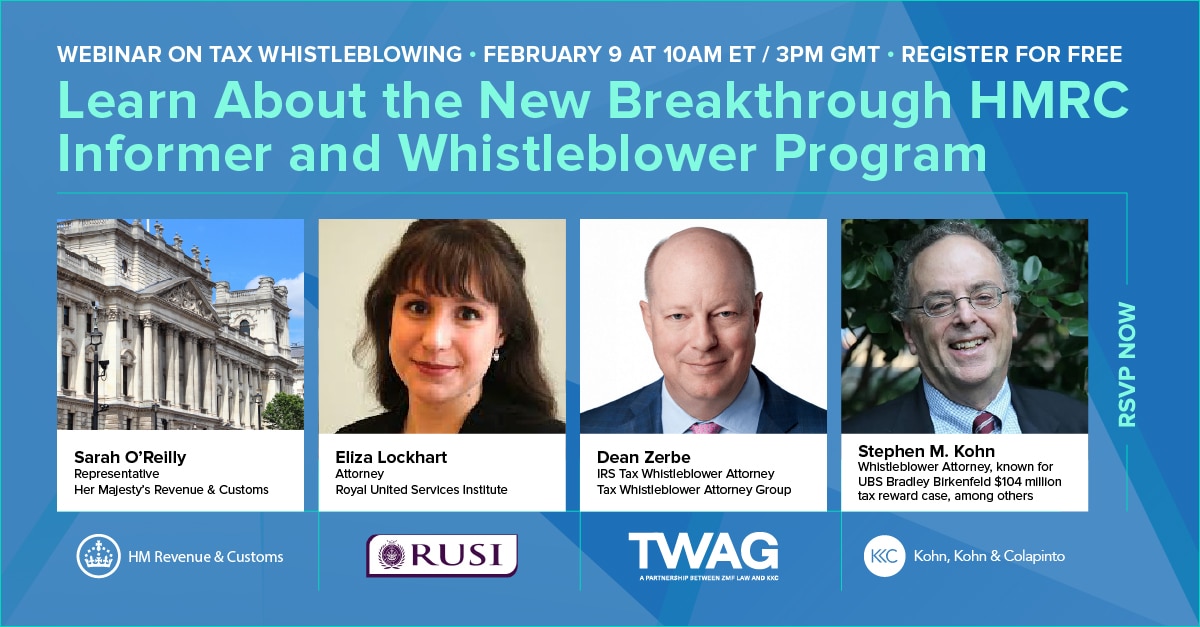Sen. Grassley Questions DOJ on the Granston Memo’s Role in Dismissal of Qui Tam Whistleblower Cases

In a September 4, 2019 letter to U.S. Attorney General William Barr, Senator Charles Grassley (R-IA) voiced his concerns over a 2018 Department of Justice (DOJ) memo. The memo, known as the “Granston Memo,” guides government attorneys on when to seek dismissal of False Claims Act cases “for reasons that appear primarily unrelated to the merits of individual cases,” Grassley wrote. For example, the DOJ can move to dismiss a case if it feels the litigation could be too burdensome or to preserve government resources. Since the memo was released, this guidance has proven to be harmful to some whistleblowers who have filed legitimate FCA cases.
In the letter, Grassley cites cases brought under the False Claims Act where the DOJ has moved for dismissal based on the guidance of the Granston Memo.
In one case, United States, ex rel. Cimznhca, LLC v. UCB, Inc, the DOJ argued in its motion to dismiss that the case lacked merit, and further litigation would be too costly to proceed. However, when the court held an evidentiary hearing on the motion, it found that the DOJ had not thoroughly investigated the claims and did not conduct a proper cost-benefit analysis. This analysis would show the costs it would incur versus the potential recovery from the case. The DOJ admitted to this, and the court ultimately denied the motion to dismiss.
In his letter, Senator Grassley expressed concerns that the DOJ targeted several FCA cases with merit for dismissal. He also said he finds it troubling that the DOJ falsely “implied that cases where it declines to intervene lack merit or face little chances of success.”
The qui tam provisions of the False Claims Act, which allow citizens to sue on behalf of the government and share in the recoveries from wrongdoers, has been widely successful in recent years.
“The facts show that the False Claims Act is working. The qui tam provisions have reinvigorated an Act which had been mostly left for dead after the 1940s. In order for the law to continue working, DOJ must let the qui tam provision work the way it was intended and allow relators to proceed with litigation on their own,” Grassley said in the letter.
“This DOJ action will create a chilling effect on qui tam whistleblowers,” said whistleblower attorney Stephen M. Kohn, a partner of Kohn, Kohn & Colapinto. “The DOJ needs to put the public’s interest before corporate interests. Dismissing legitimate FCA cases will discourage whistleblowers from coming forward to report fraud,” said Kohn.
Latest News & Insights
January 27, 2026




